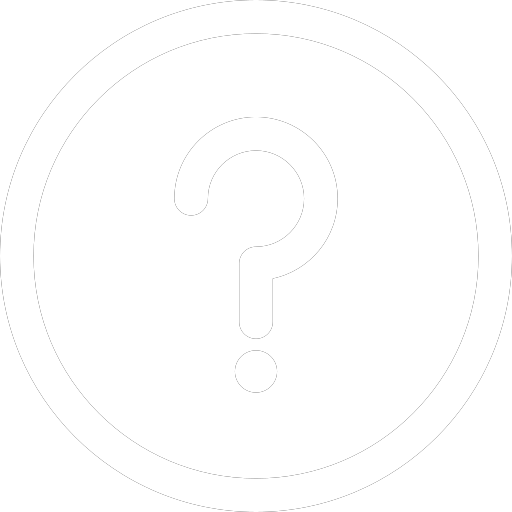Revitalising Aboriginal culture through language and dance
Revitalising Aboriginal culture through language and dance
SA Water is increasing awareness amongst its people and furthering its role in supporting reconciliation and celebrating Aboriginal culture through a number of activities and events across the state this week, held as part of National Reconciliation Week.
In Adelaide, SA Water staff will today have the opportunity to learn traditional Kaurna language and dance from Kaurna leader Jack Kanya Kudnuitya Buckskin, who has been teaching his culture to school students and the wider community for the past decade.
Prior to European settlement, it’s estimated more than 250 distinct languages were spoken by Aboriginal groups across Australia, and according to the most recent Census of Population and Housing, only 150 are now spoken at home and only 13 by children.
Jack said he’s made it his mission to restore the Kaurna language and strengthen the connection it holds to culture and Country.
“Language helps us communicate our feelings and thoughts, and identifies who we are and where we’re from,” Jack said.
“The loss of a language is the loss of the unique knowledge and perspectives of the people who speak it. It’s important to me and my family that this doesn’t happen, so I took on the task of learning the Kaurna language, and am now teaching and growing it.
“I want to show particularly non-Aboriginal people the value of language in sustaining culture and how it’s key in helping all of us to thrive both socially and economically.
“Learning a new language can be difficult, and even more so for adults, but retaining just a few words is a good first step.
“Every language has different rules on how to speak and write it, and Kaurna is no different. There are particular ways to say certain letters and letter combinations, and structure sentences and common phrases.
“Also like other languages, Kaurna is evolving and adapting to the modern era. We’ve had to create new words for things that didn’t exist during my ancestors’ time, such as ‘mukarntu’ (computer) and ‘warraityati’ (telephone).”
After performing with his dance troupe Kuma Kaaru – which translates to One Blood – during SA Water’s opening event to National Reconciliation Week, Jack will also be teaching some traditional dance moves to SA Water staff through another workshop today.
“For Aboriginal people, and actually a lot of cultures across the world, dance is another form of communication, a way to educate and pass on our stories,” Jack said.
“We can use dance to show our everyday lives and relationship to the natural environment, and chiefly our appreciation and respect for Country and community. An example of this is when we stomp our feet on the ground which causes vibrations through Country for our ancestors to feel.
“Just like language, dance is a significant part of Aboriginal culture, and something which I want to continue seeing passed down through generations.”
SA Water’s Reconciliation Action Plan Coordinator Sarah Smith said the hope is that what people learn from Jack’s workshops or any other National Reconciliation Week-related experiences, permeates and stays with them beyond just this week.
“At the core of our Reconciliation Action Plan is a commitment to working together on the path towards reconciliation, and weeks like this one really help to bring its importance to the forefront,” Sarah said.
“However, the effort and awareness need to be ongoing. We need to continue these conversations, even if they’re challenging.”
Most of the SA Water events and activities being held for National Reconciliation Week are for SA Water staff, but there are also some the wider community can be a part of.
“Paintings by various Aboriginal artists will be on display all week in our Adelaide CBD building for the general public to see, and later this week, we’ll be unveiling artwork along a section of pipeline in Port Lincoln, created by the local Barngarla Aboriginal community,” Sarah said.
“In Mount Gambier, people will also be able to view newly installed paintings and signage giving the Blue Lake its traditional Boandik name – WarWar.”
Visit Reconciliation Australia’s website to find events happening this week in your area.
Contact:
Phone:
Email:
Contact
For media enquiries, please call or email SA Water’s media team:
Phone: (08) 7424 2477
Mobile: 0477 300 197 (24/7)
Email: media@sawater.com.au
For all other SA Water-related enquiries, please call our Customer Care Centre on 1300 SA WATER (1300 729 283).


